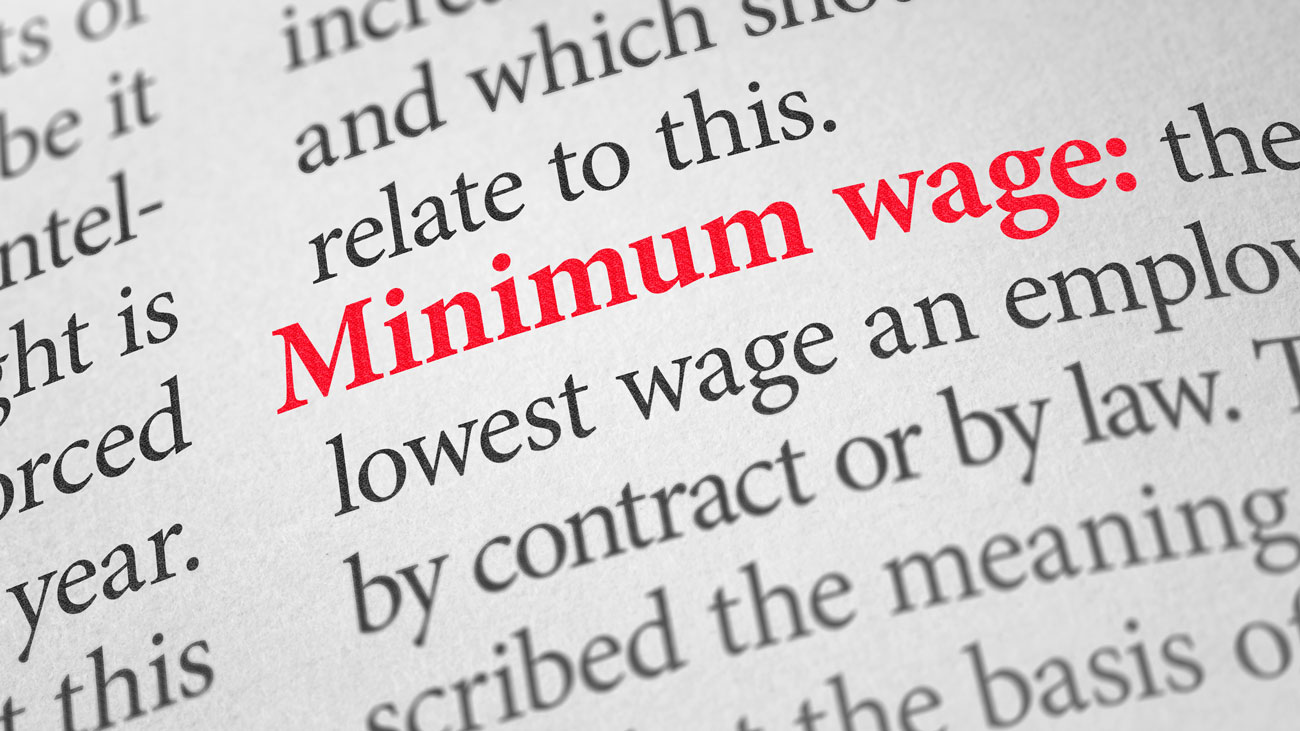Clare Makowski
Increases to National Minimum Wage rates from April 2022

Did you know the rates of the National Living Wage (NLW) and National Minimum Wage (NMW) will increase from the start of April 2022?
The new rates are as follows:
- For those aged 23 or over: the National Living Wage will increase from £8.91 per hour to £9.50 per hour.
- For those aged 21 to 22: the National Minimum Wage will increase from £8.36 per hour to £9.18 per hour.
- For those aged 18 to 20: the NMW will increase from £6.56 per hour to £6.83 per hour.
- For those aged 16 to 17: the NMW will increase from £4.62 per hour to £4.81 per hour.
- The National Minimum Wage apprentice rate for those aged under 19 or in their first year of an apprenticeship will increase from £4.30 per hour to £4.81 per hour, bringing it in line with the rate for those aged 16 to 17.
Who is entitled to the minimum wage?
People classed as ‘workers’ must be at least school leaving age to get the National Minimum Wage. They must be 23 or over to get the National Living Wage. Contracts for payments below the minimum wage are not legally binding. The worker is still entitled to the National Minimum Wage or National Living Wage.
Workers are also entitled to the correct minimum wage if they’re:
- Part-time
- Casual labourers, for example someone hired for one day
- Agency workers
- Workers and homeworkers paid by the number of items they make
- Apprentices
- Trainees, workers on probation
- Disabled workers
- Agricultural workers
- Foreign workers
- Seafarers
- Offshore workers
Consequences of underpayment
If an employer is found not to have paid its workers the correct minimum wage rates, the employer will need to pay the arrears to the affected workers and a financial penalty to the Secretary of State.
The penalty will be 200% of the total underpayment, to a maximum of £20,000. This maximum applies to each worker who has been underpaid, not the total for all affected workers, so depending on the number of workers, the total penalty could be significant indeed. The penalty is reduced by 50% if all of the unpaid wages and 50% of the penalty are paid in full within 14 days.
HM Revenue and Customs (HMRC) officers have the right to carry out checks at any time and ask to see payment records. They can also investigate employers if a worker complains to them. Where non-compliance includes instances of falsifying records or refusing to answer a compliance officer’s questions, this may result in criminal prosecution by HMRC, with a potential penalty of an unlimited fine.
With the potential fines involved it’s therefore good practice to ensure you are paying all your employees the correct minimum wage or living wage.
You can find out more here.
Clare Makowski
HR Business Partner at International Workplace
